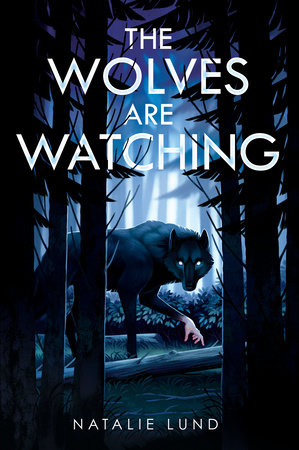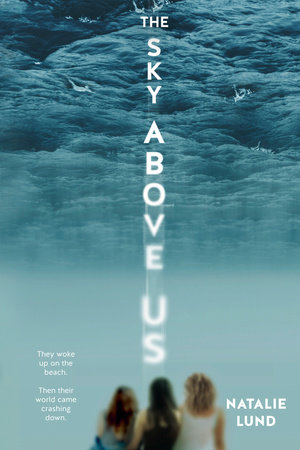
We Speak in Storms
Praise for We Speak in Storms:
"A hauntingly atmospheric coming-of-age story . . . with fully realized characters, an empowering message, and a highly satisfying conclusion." --SLJ
"A lingering, quietly paced story about the echoes of trauma and the persistence of hope." --Booklist
"This suspenseful novel . . . immediately grabs the reader’s attention . . . [Readers] will be eager to find out what happens next." --SLC
"A hauntingly atmospheric coming-of-age story . . . with fully realized characters, an empowering message, and a highly satisfying conclusion." --SLJ
"A lingering, quietly paced story about the echoes of trauma and the persistence of hope." --Booklist
"This suspenseful novel . . . immediately grabs the reader’s attention . . . [Readers] will be eager to find out what happens next." --SLC
- Pages: 464 Pages
- Publisher: Penguin Young Readers Group
- Imprint: Viking Books for Young Readers
- ISBN: 9780525518013
An Excerpt From
We Speak in Storms
We drove into the country and parked our Catalinas, Coupes, VWs, and LeSabres in neat lines, mirror to mirror, facing the two-story whitewashed wall. We checked our watches, ordered pop from the waitresses, and made final trips to the outhouse, a few of us glancing warily up at the clouds. The projectionist started Breakfast at Tiffany’s, wobbly at first, the image gritty, and then, finally, everything was steady. Above us: our stars. We climbed into the back seats to neck our sweethearts, happy in the shadows. Or we sprawled with our friends in the truck beds like sleeping puppies, backs on knees, shoulder blades on stomachs, legs on legs. The movie’s light playing out on our faces, in our eyes.
The wind grew stronger, and those of us outside pulled the blankets up to our chins and scooted closer to one another. The rain was next, pelting the cars’ steel roofs. We squeezed into truck cabs, sitting on one another’s laps, or we continued to fog rolled-up windows, kissing furiously—as though we knew time was almost up.
The movie stopped. A bullhorn announced something, the voice lost in the wind. Cars started for the exit, but it jammed. Some of us watched through blurred windows and waited, thinking the storm would pass.
Then, abruptly, the rain stopped. We laughed at our fear and clamored for the projectionist to start the movie back up. We failed to notice that the night sky had become the color of jade. Even though we’d grown up in the Midwest, most of us had never seen a tornado. Not up close. Not with its great, wide spin, its tapering cone. We’d never heard the roar, the rumored freight-train scream.
Not until that moment.
We panicked, put our cars in reverse, and drove madly through the field, ignoring lanes and rights-of-way. There were crashes. Some of us spilled from our cars and sprinted for the snack bar, the outhouse, the ditches. There were those of us who screamed and those who froze, facing the tornado.
We were a whole generation of Mercer. We were sons and daughters, born at the end of our parents’ Great War. In a few years, we were supposed to go to college, join the military, marry, or stay home to help with the farm. We were supposed to leave and come back or never leave at all. We were supposed to raise children here, love them like we were loved, teach them loyalty to the town and its lore. Our children were supposed to sneak out of houses, pile into pickups, and watch their own stars. It was supposed to be a cycle, we thought. On and on and on.
How were we to know.








